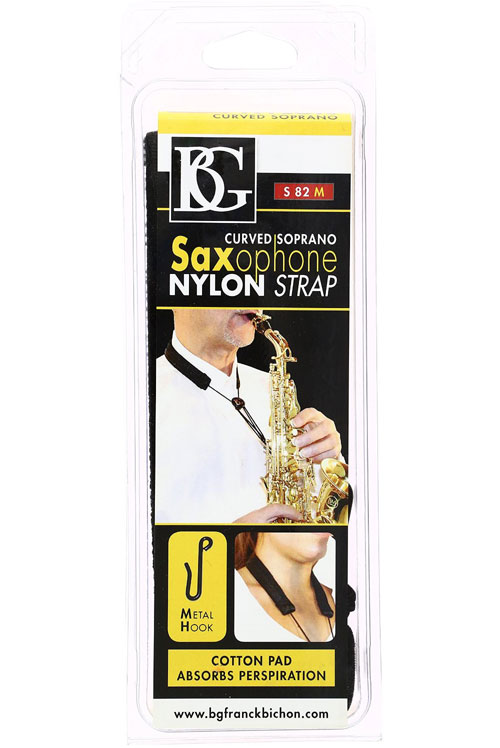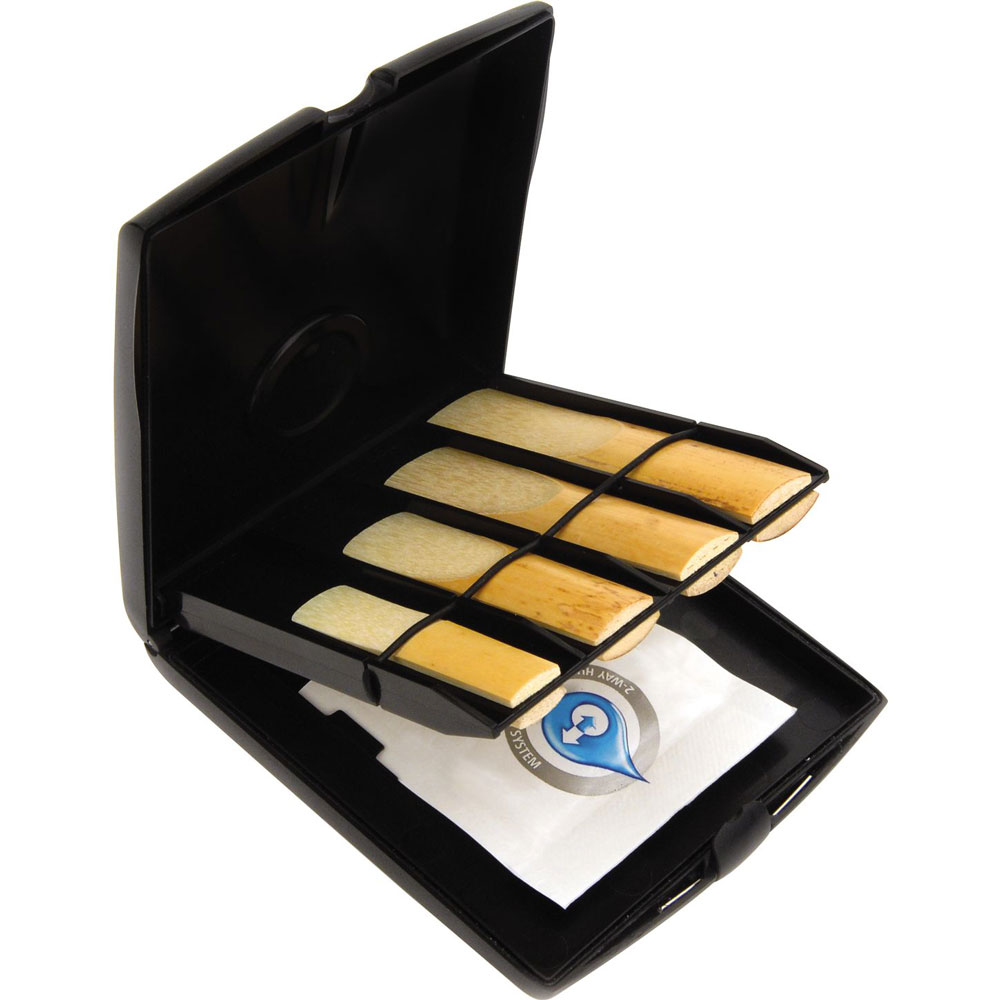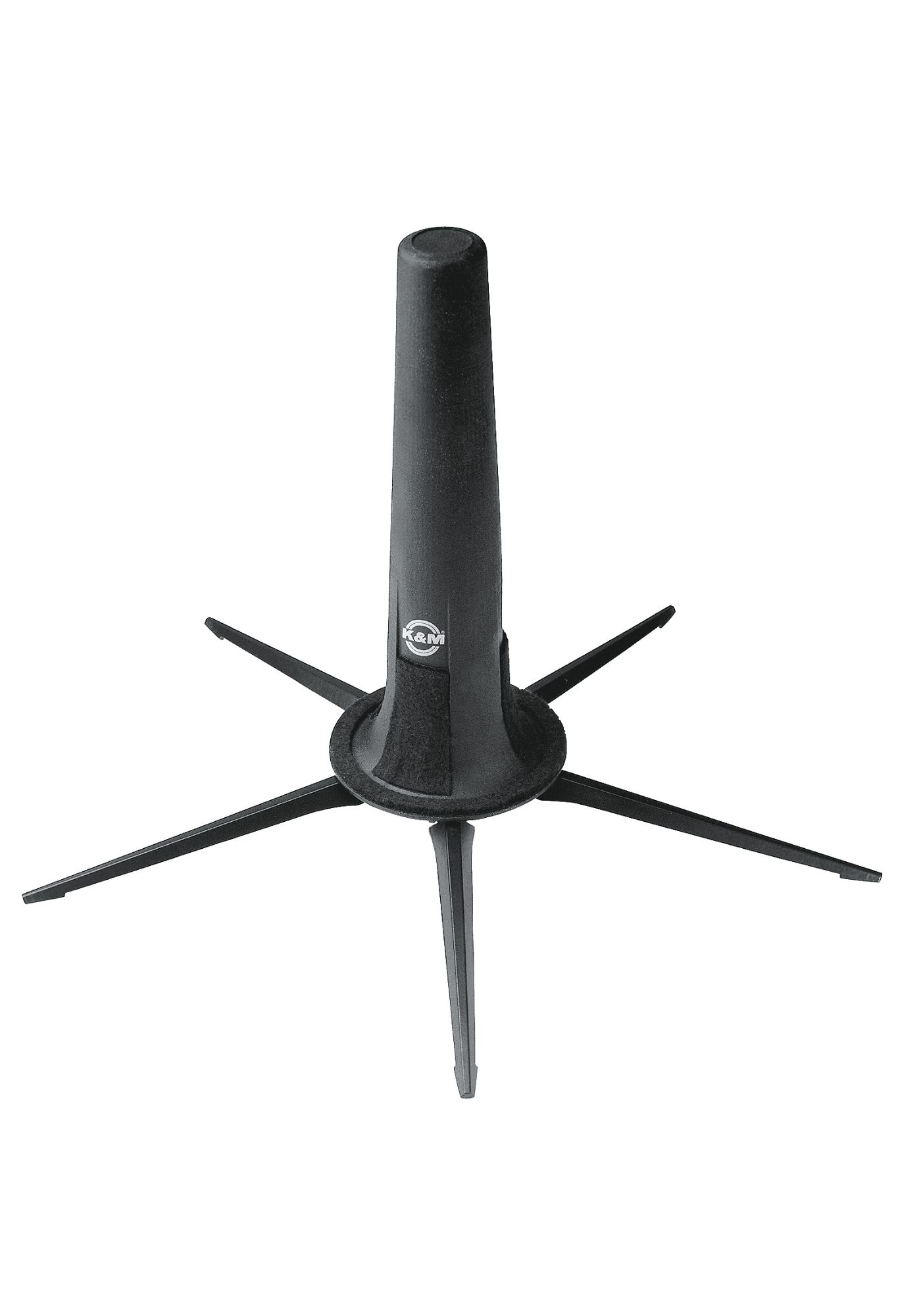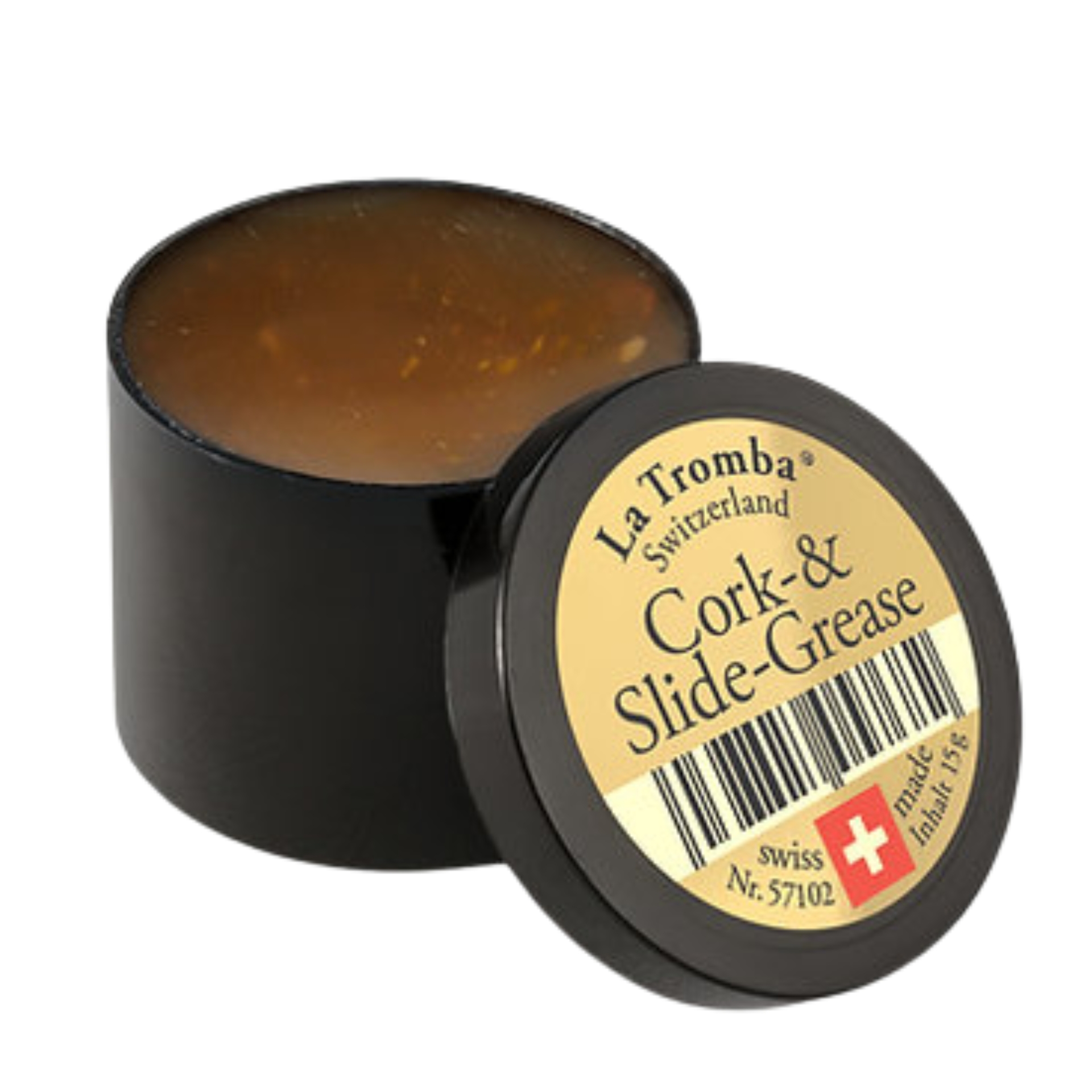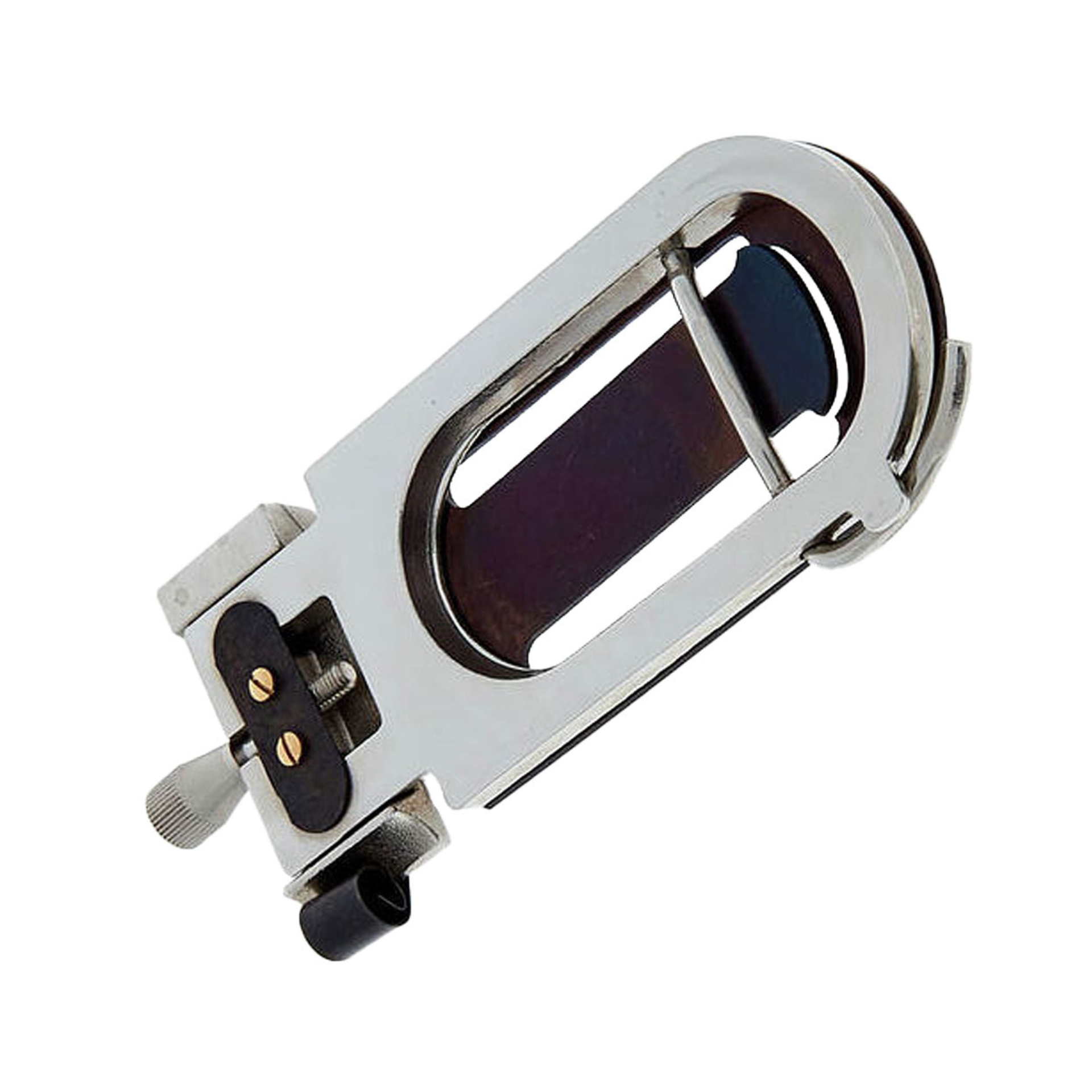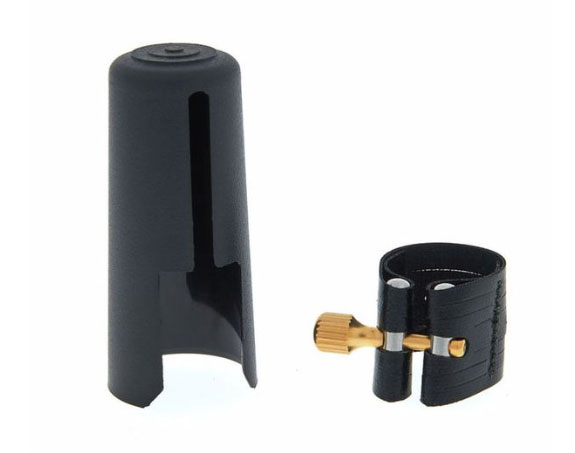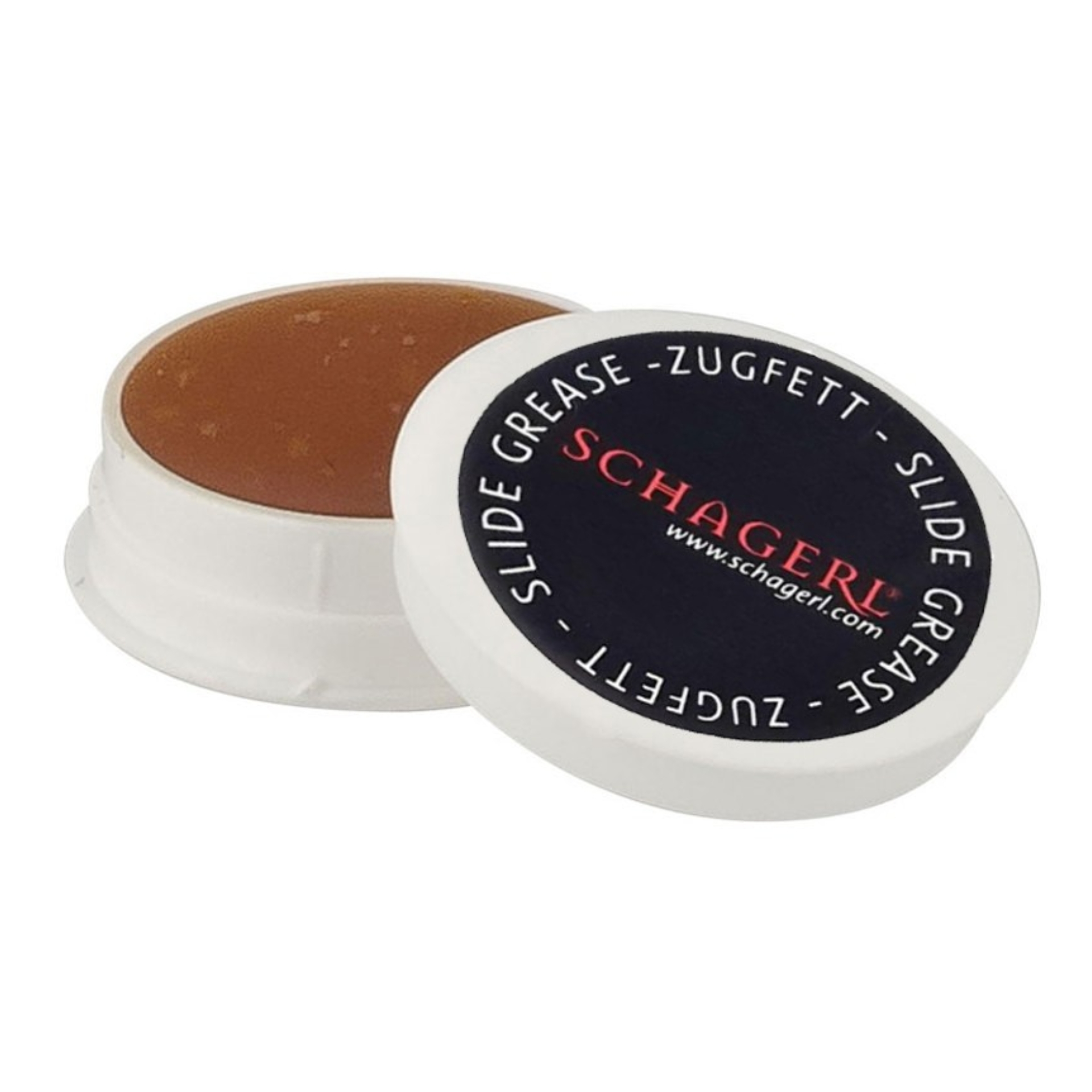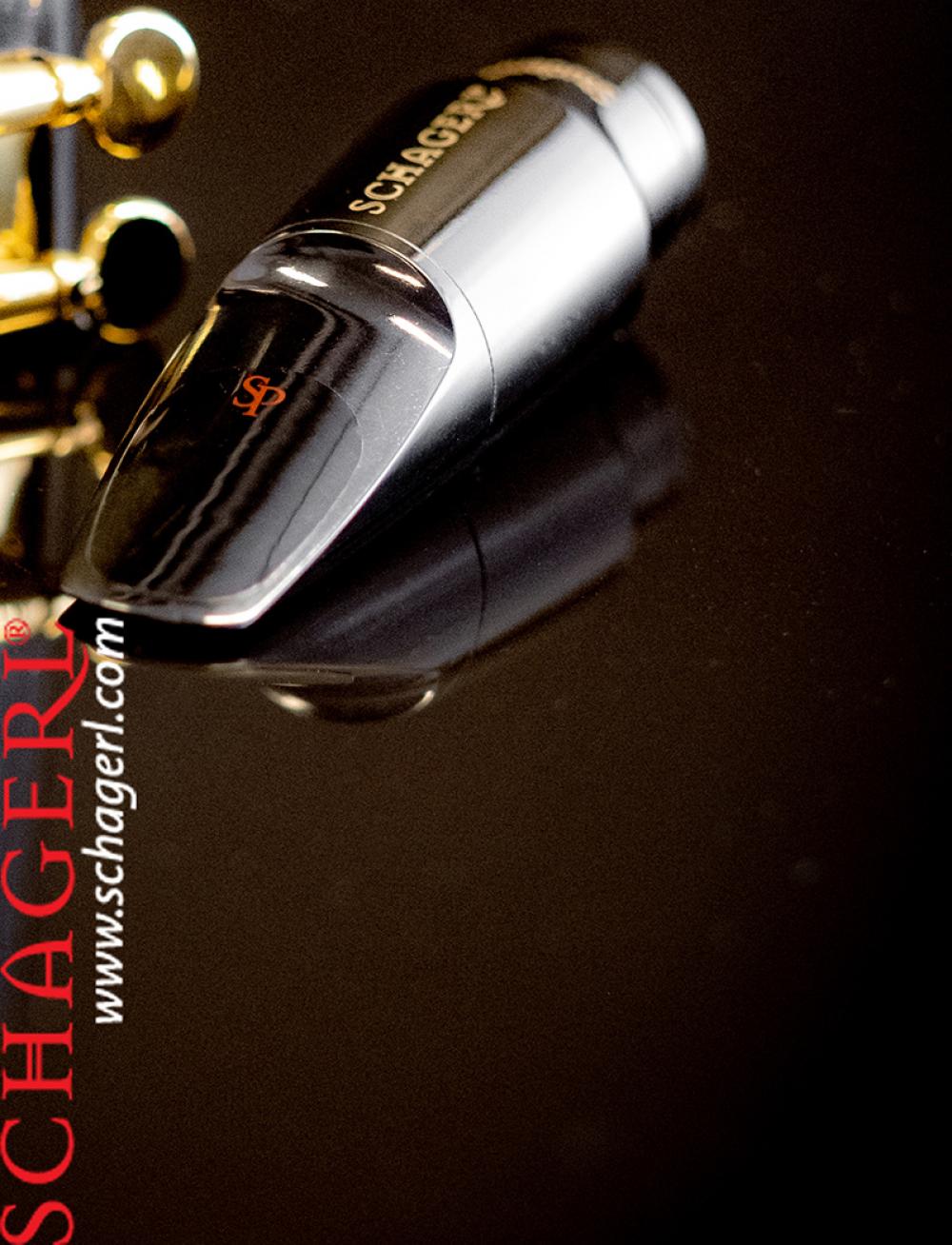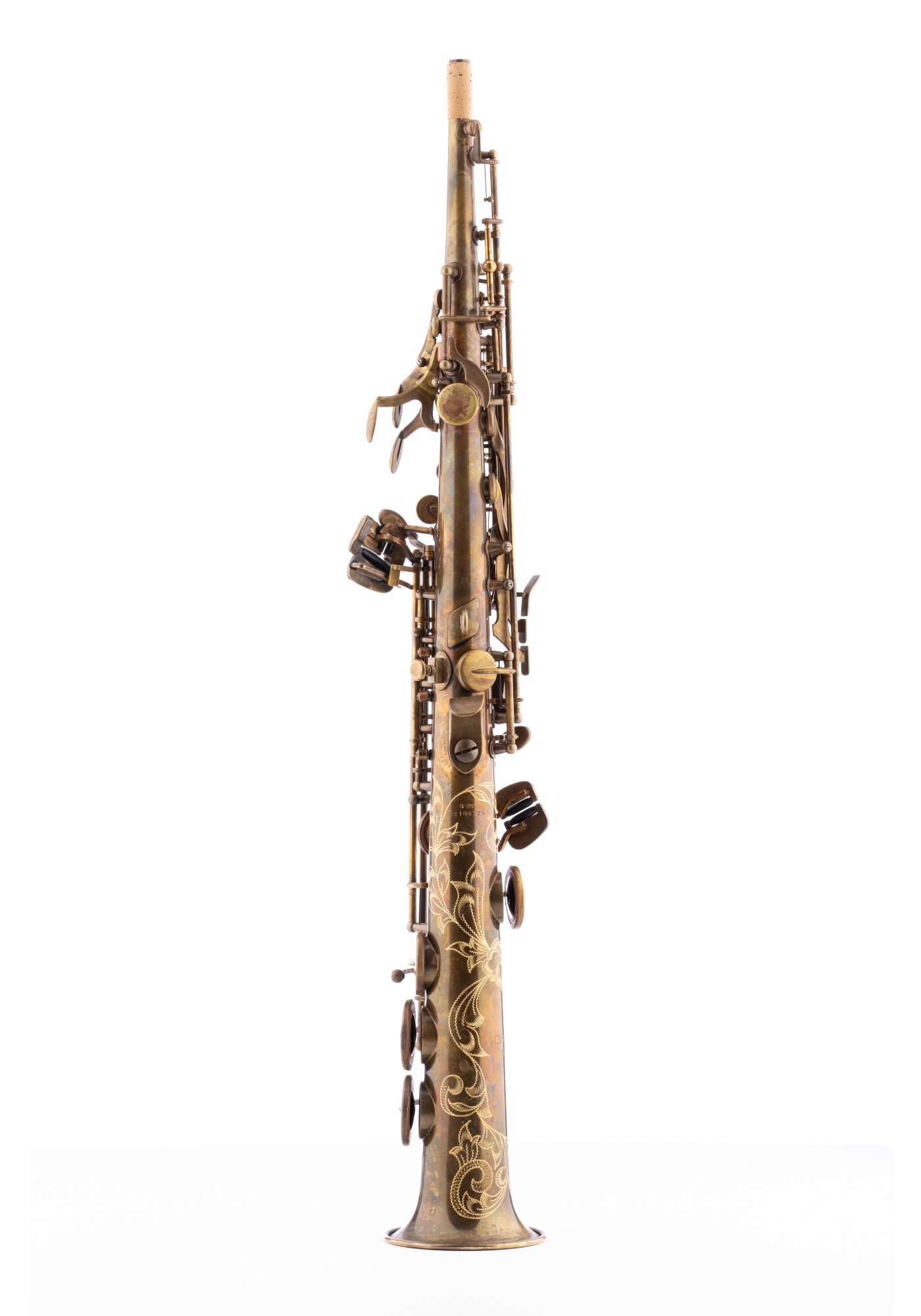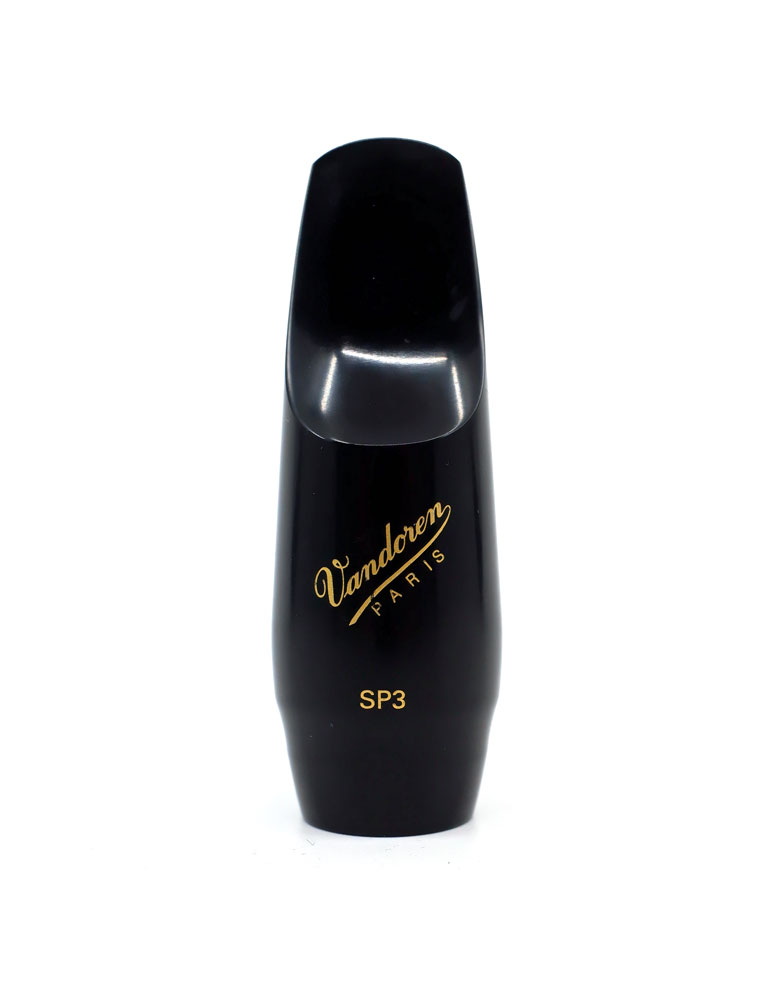Schagerl Superior Soprano Saxophone S-1VG
1.845,00 €*
List price: 1.950,00 €* (5.38% saved)in stock
The vintage gold brass body gives the instrument an elegant look with artistic engraving
.
With its ergonomic mechanism and integrated high F-sharp key, the Superior soprano saxophone impresses with its precise response and excellent intonation in all registers. The two included bends—one straight and one curved—allow you to customize the instrument to your playing habits.
The package includes a high-quality Schagerl trekking case for optimal protection and comfort during transport, a mouthpiece with cap and ligature, a comfortable neck strap, and care products such as a cleaning cloth and cork grease—everything you need to get started right away.
A professional instrument with a distinctive sound, well-designed features, and high-quality accessories.
| Body | Goldbrass straight, with engraving |
| Specification | with High F#-Key, straight and curved neck |
| Finish | raw vintage |
| Accessories | Schagerl trekking case, mouthpiece and care accessories |
Why is the saxophone made of metal but classified as a woodwind instrument?
The saxophone is classified as a woodwind instrument because, like many woodwind instruments, it uses a wooden reed that directs the air into the instrument.
How long does it take to learn the saxophone?
You can make sounds on the first day, but it takes time to play well.
Is a lot of maintenance required for a saxophone?
Regular care and maintenance can extend the life of a saxophone. Important self-care steps include wiping the inside of the instrument dry after each playing and annual professional maintenance.
Should I buy or rent a saxophone for my student?
Both buying and renting have advantages and disadvantages. Buying can lead to more pride and responsibility and ensures an instrument in top condition. Many rental instruments show slight signs of use.
At Schagerl, you can rent your new instrument in 6-month increments. Without interest or other fees. If you would like to know more, our sales team will be happy to help you!
Which saxophone accessories do I need?
Important accessories include a mouthpiece, reed screw and capsule, saxophone reeds, a case, care and cleaning materials and a carrying strap.
What are the most common saxophone models?
Alto and tenor saxophones are among the most common models. There are also soprano and baritone saxophones. Special saxophones are the sopranino (in Eb), the "C-Melody" (in C) and the bass saxophone (Bb).
How important is the reed thickness?
The right reed thickness is crucial for producing a good sound. If the reed is too hard, the player cannot make it vibrate. If it is too soft, it closes the mouthpiece and does not vibrate properly. Hard reeds have a large number, soft ones a small one. Choosing the right thickness is therefore very important for the feel and sound of the instrument
How often should you change the saxophone reed?
The frequency of reed changes depends on how often the saxophone is played. Over time, the reed wears out, becomes too soft and loses its tension. A thinning tone and a sound that is difficult to control are signs that the reed needs to be replaced. Even if the reed is chipped or torn, it should be replaced, otherwise it will not vibrate optimally and air will escape.
All about the saxophone
The S-bow:
The upper part of a saxophone, which is located between the mouthpiece and the body, is known as the S-bow. The S-bow is an important component in terms of the sound, response and intonation of the instrument. Some manufacturers therefore offer separate S-bows to modify the instruments in order to improve the sound quality and playability.
The high F# key
The high F# key on the saxophone is an addition that allows players to reach and play higher notes more easily. Although this key is not essential to play the high F#, as there are alternative fingering combinations, it makes reaching these notes much easier. This key was introduced as standard in the late 60's and early 70's and is particularly popular with classical and jazz saxophonists looking to expand their repertoire in the higher registers.
Gig bags and case
Proper storage of a saxophone is essential to keep the instrument in top condition and facilitate transportation. Here are the options and tips for ideal storage:
- Gig Bags: these bags are ideal for musicians who are often on the road. They are lightweight, soft and comfortable to carry like a backpack. Gig bags offer flexibility and comfort, but are less protective than hard cases.
- Hard cases: These offer optimum protection. They are stable and firm, protecting the instrument from knocks and environmental influences. The disadvantage is the higher weight compared to gig bags.
- Combined solutions: There are now also combinations of hard case and backpack straps. These offer both the protection of a hard case and the carrying comfort of a gig bag. They are an excellent choice for musicians who don't want to compromise between protection and comfort.
Do you have questions about the best storage option? Contact us, we will be happy to advise you!










